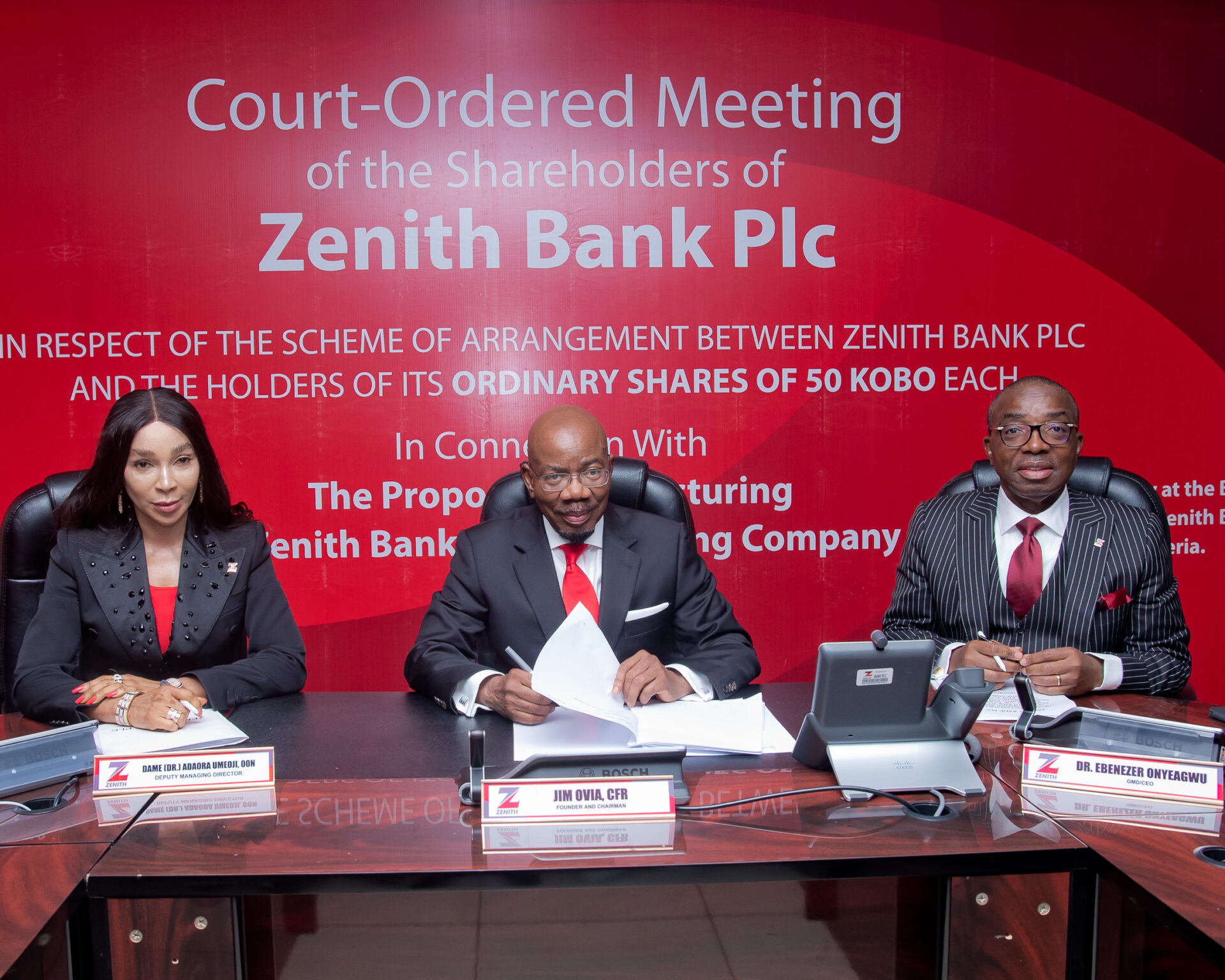- CBN Test Reveals Loopholes in Banks’ Anti-money Laundering System
Majority of the Deposit Money Banks in the country failed an anti-money laundering system examination conducted by the Central Bank of Nigeria, a report by the CBN has revealed.
According to the 2017 CBN Half-year Economic Report, the anti-money laundering systems in place in majority of the commercial banks fail to meet a number of compliance requirements specified by the apex bank.
It was learnt that many banks failed to conduct enhanced due diligence, a major compliance requirement, on some high-risk customers, while collation and reporting of foreign currency transactions and suspicious transactions were not fully automated in some banks.
The CBN report read in part, “The CBN conducted an anti-money laundering/combating terrorism financing compliance examination of 25 reporting banks. The examination was guided by the statutory provisions of the Money Laundering Prohibition Act, 2011 (as amended), the CBN’s AML/CFT Regulations, 2013 and recommendations of the Financial Action Task Force.
“The exercise revealed a number of shortcomings in the following areas: Customer due diligence: copies of identification documents such as international passports and national identification cards were not in some customer’s files, while enhanced due diligence was either not conducted or inadequately conducted on high-risk customers.
“The AML/CFT Reporting software: Collation and reporting of foreign currency transactions, currency transaction reports and suspicious transaction reports were not fully automated in some banks. Similarly, the AML/CFT software in some banks had not been subjected to independent testing to determine their efficacy, thereby exacerbating the risk of under reporting.’’
According to the report, the AML/CFT manuals/programmes in some banks do not highlight policies to address specific issues such as shell banks and evaluation of new technologies for the AML/CFT risks, among others.
“Regarding the audit of the AML/CFT function, there were instances of inadequate internal control oversight over the compliance function as recommended by the FATF and required by the CBN AML/CFT regulations,” the report added.
It added that the number of registered borrowers (individual and corporate) in the nation’s banking system had increased by 322 per cent to 824,387, from 195,159 customers previously.
This followed the redesigning of the credit risk management system database of the banking industry.
The report stated, “At end-June 2017, the number of registered borrowers in the CRMS database was 824,387, compared with 195,159 in the corresponding period of 2016. The significant rise was due to increased enforcement and the capture of all loans, regardless of amount, as against only loans of N1.0m and above. There were 755,076 individuals and 69,311 corporate borrowers at end-June 2017.
“Similarly, the number of borrowers with outstanding facilities rose significantly to 1,105,671 at end-June 2017, compared with 104,126 and 93,168 at end-December 2016 and end-June 2016, respectively.
“Following the issuance of stricter guidelines, improved compliance by banks and the capture of historical data on hitherto unreported credit, the total number of credit facilities on the database rose to 1,905,997, compared with 181,987 at end-December 2016 and 173,050 at end-June 2016, respectively. The number comprised 1,513,452 individual and 392,545 corporate borrowers.”
The report also revealed that the first of the bi-annual reviews of the foreign exchange activities of 25 banks (21 commercial and four merchant banks) was conducted in April 2017 to ascertain the level of compliance with extant foreign exchange laws and regulations.
The review covered foreign exchange operations for the period, October 1, 2016 to March 31, 2017.
According to the CBN, major infractions observed included non-compliance with regulations, such as the concessionary rates specifically provided for utilisation of funds sourced from the Secondary Market Intervention Sales foreign exchange window; and non-issuance of certificates of capital importation to beneficiaries within the allowable time of 24 hours post receipt of funds.
Others were non-repatriation of export proceeds within the regulated time frame; incorrect rendition of returns to the CBN; non-compliance with approved net foreign currency trading limit positions; and lapses in foreign trade documentation.
The CBN said the reports of the examinations were being finalised for appropriate actions in line with the extant laws and regulations.
It added that it conducted several ad hoc investigations in the review period. The reports of the exercise were provided as input to the policy development process.


 Forex4 weeks ago
Forex4 weeks ago
 Naira3 weeks ago
Naira3 weeks ago
 Billionaire Watch3 weeks ago
Billionaire Watch3 weeks ago




 Naira3 weeks ago
Naira3 weeks ago








 Naira3 weeks ago
Naira3 weeks ago


 Naira2 weeks ago
Naira2 weeks ago








 Naira2 weeks ago
Naira2 weeks ago








 Naira4 weeks ago
Naira4 weeks ago























